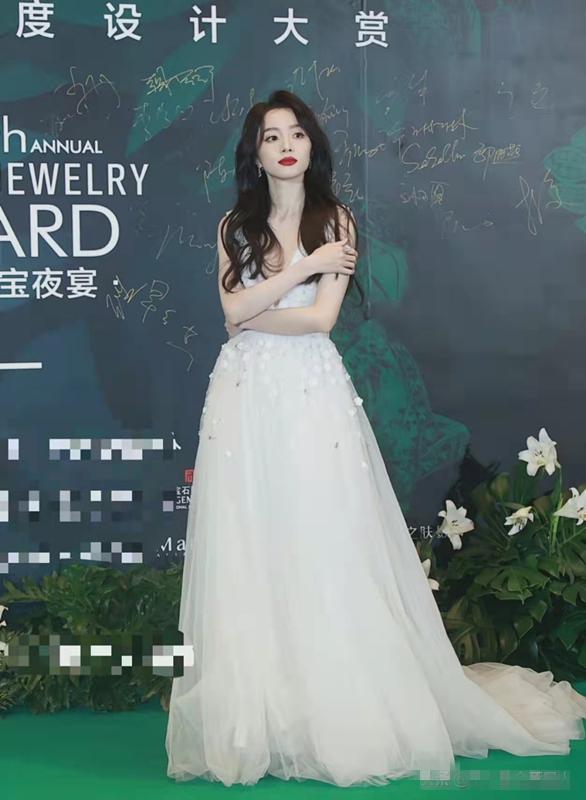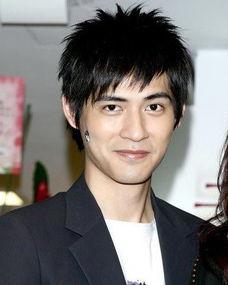安徒生童话Andersen’s Fairy Tales汉斯·克里斯汀·安徒生Hans Christian Andersen
Andersen's fairy tales, which have been translated into more than 125 languages, have become culturally embedded in the West's collective consciousness, readily accessible to children, but presenting lessons of virtue and resilience in the face of adversity for mature readers as well. Some of his most famous fairy tales include "The Emperor's New Clothes", "The Little Mermaid", "The Nightingale", "The Snow Queen", "The Ugly Duckling", "Thumbelina" and many more. His stories have inspired ballets, animated and live-action films and plays.
Hans Christian Andersen was a Danish author. Although a prolific writer of plays, travelogues, novels, and poems, Andersen is best remembered for his fairy tales. Andersen's popularity is not limited to children; his stories, called eventyr in Danish or "fairy-tales" in English, express themes that transcend age and nationality.His stories have inspired ballets, both animated and live-action films, and plays.

《安徒生童话》是丹麦作家安徒生创作的童话集,共由166篇故事组成。该作爱憎分明,热情歌颂劳动人民、赞美他们的善良和纯洁的优秀品德;无情地揭露和批判王公贵族们的愚蠢、无能、贪婪和残暴。其中较为闻名的故事有:《小人鱼》、《丑小鸭》、《卖火柴的小女孩》、《拇指姑娘》等。

《安徒生童话》已经被译为150多种语言出版发行。他的童话故事还激发了大量电影、芭蕾舞剧、舞台剧以及电影动画的制作。
在安徒生所处的时代,丹麦仍是一个君主专制主义社会,自中古以降,社会生活一直极少受到触动。进入十九世纪以后,则出现一系列重大历史变动,拿破仑战争造成的国力虚耗,在挪威问题上的失败,20年代的经济轰退,国王由保皇立场转向独裁,中产阶级谨小慎微、委曲求全,这些都使社会基本处于政治压迫和文化愚昧状态。在安徒生的作品中,我们也处处感到这个时代的灰色和压抑。安徒生将童话作为一种现代表达方式来进行创作,他借用童话的“儿童”视角透视现代人的复杂生活。安徒生让童话超越了民间文学范畴的传奇想象,成为一种鲜明的个体写作和现代技巧探索。
试听音频
Many years ago, there was an Emperor, who was so excessively fond of new clothes, that he spent all his money in dress. He did not trouble himself in the least about his soldiers; nor did he care to go either to the theatre or the chase, except for the opportunities then afforded him for displaying his new clothes. He had a different suit for each hour of the day; and as of any other king or emperor, one is accustomed to say, “he is sitting in council,” it was always said of him, “The Emperor is sitting in his wardrobe.”
Time passed merrily in the large town which was his capital; strangers arrived every day at the court. One day, two rogues, calling themselves weavers, made their appearance. They gave out that they knew how to weave stuffs of the most beautiful colors and elaborate patterns, the clothes manufactured from which should have the wonderful property of remaining invisible to everyone who was unfit for the office he held, or who was extraordinarily simple in character.
“These must, indeed, be splendid clothes!” thought the Emperor. “Had I such a suit, I might at once find out what men in my realms are unfit for their office, and also be able to distinguish the wise from the foolish! This stuff must be woven for me immediately.” And he caused large sums of money to be given to both the weavers in order that they might begin their work directly.
,




